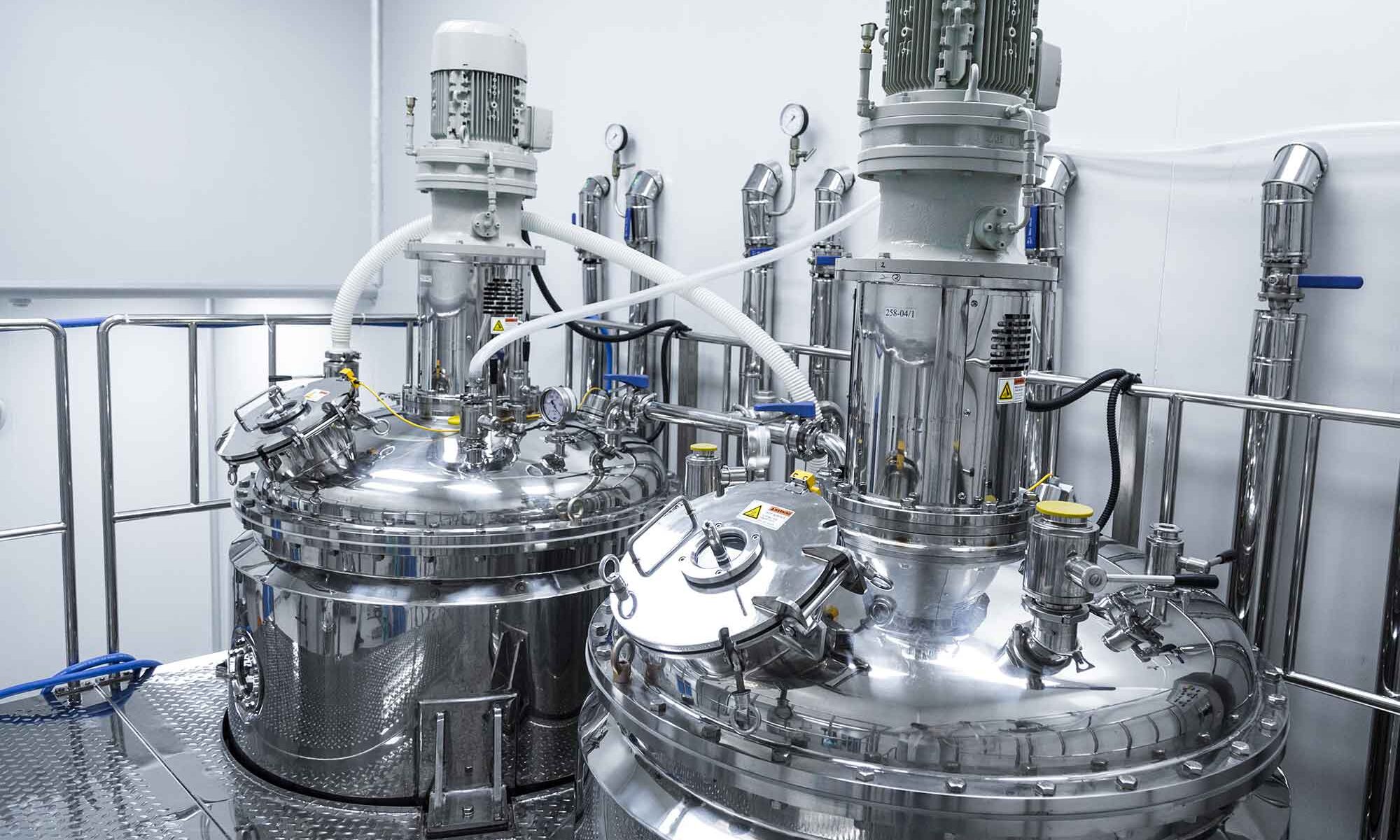Wageningen Food & Biobased Research investigated the state of chemical production with fermentation technology based on scientific literature. It identified a Top 7 of promising methods for the sustainable production of bulk chemicals as an alternative to products currently made from petroleum.
According to Daan van Es, co-author of the study and project leader of Wageningen Food & Biobased Research, fermentation is an ideal method for converting biomass into chemicals. “Biomass conversion can be done via purely chemical routes as well, but this is often less obvious, because biomass contains many carbohydrates that are designed by nature to be converted by organisms. They are water-soluble, thermally unstable and contain too much oxygen for most existing chemical processes, whereas micro-organisms can handle them extremely well.”
Digestion
Fermentation involves the digestion of sugars in biomass by selected micro-organisms, producing certain chemicals and sometimes CO2. Think of the fermentation of grapes to produce wine. Ethanol (alcohol) production is indeed one of the best-developed applications of fermentation technology. For instance, bioethanol is already being produced on a large scale (80 megatons per annum) from biomass. Not for human consumption, but for sustainable fuels. Fermentation has also long been used commercially in the food industry and lactic acid production.
Yet large-scale fermentation for the industrial production of chemicals is only at the brink of a breakthrough. “The petrochemical industry produces about 600 million tonnes of chemicals every year. That’s a huge amount. If you want to replace that with non-fossil alternatives, a rapid and large scale-up is needed. So in this study, we have examined which fermentation technologies using sugars are already running on a reasonable scale, which kind of organisms are used for this purpose and which derived chemicals can we then make from them.”
Top 7 of technologies
From this inventory, a Top 7 of technologies classified as mature was then selected. They are promising for the production of the following bulk chemicals:
- ethanol
- lactic acid
- succinic acid
- 1,3-propanediol
- itaconic acid
- 1,4-butanediol
- PHA (biopolymers)
These molecules can form the basis for the production of other, more complex chemicals. “With ethanol, for example, we can make bio-ethylene, which in turn can be used to produce polyethylene (PE), although that is still a poorly recyclable plastic. Our end-goal is to make substances and materials that are recyclable or at least biodegradable. Moreover, we want to make efficient use of the carbon in the sugars that serve as raw materials. Lactic acid, for example, is very efficient: more than 90% of the carbon is retained.”
In terms of carbon-efficiency, ethanol scores significantly lower. Every tonne of ethanol produced also releases about a tonne of CO2. Daan van Es: “That’s not a problem if we can capture and use it. In the food industry, for instance, there is a huge demand for pure CO2 for soft drinks and packaging in low-oxygen atmospheres. Moreover, CO2 can be used as a chemical building block. For an instance, you can make ethanol from CO2 and (green) hydrogen via gas fermentation, with zero emissions. This technology is now in full development, so you could link these processes together. There are also other conversion methods available such as the electrochemical conversion of CO2 to formic acid.”
Development of new technology
The study can serve as a tool to decide on investments in realistic processes and raw materials for the biotechnological production of widely used chemicals. Meanwhile, the development of new technology is ongoing. Using genome editing, high-throughput screening and computer calculations, for example, it is possible to develop new strains of micro-organisms. Work is also in progress to integrate electrochemistry into fermentation processes. This could further increase the efficiency and thus the economic viability of these processes. Tom Ewing, co-author of the study, says: “New technologies like this can be used to make existing fermentation processes more efficient and also develop new pathways to other chemicals. So it is quite possible that new processes will be added to the list of mature technologies for the future circular economy in the coming decades.”
For more information, visit the Wageningen University & Research (WUR) website.
Image: Jasen Wright/Shutterstock



